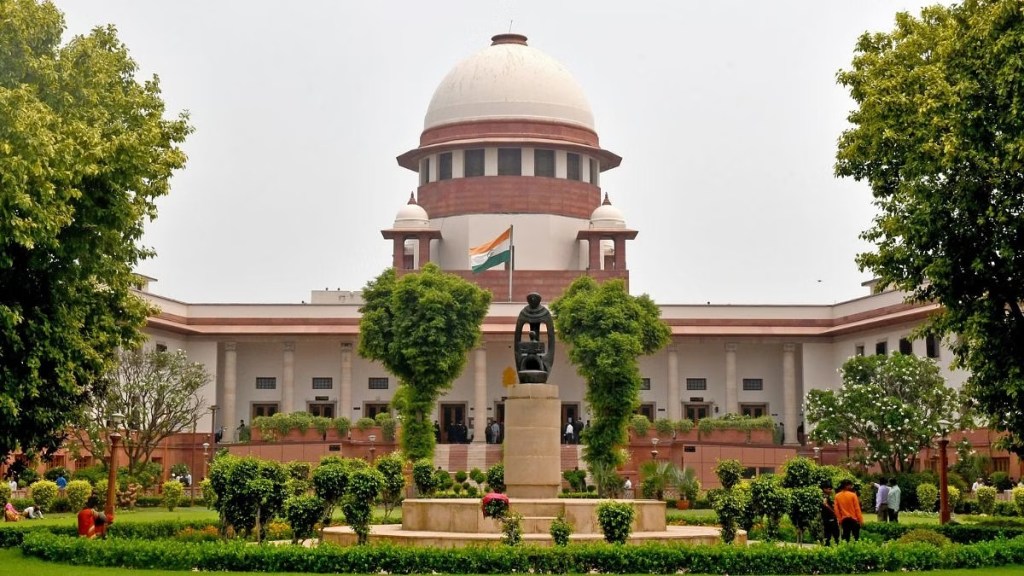The Supreme Court on Thursday set aside a Bombay High Court order and quashed an FIR against a Maharashtra college professor booked for his WhatsApp status critical of the abrogation of Article 370 and for wishing Pakistan on its Independence Day.
The bench of Justices A S Oka and Ujjal Bhuyan said, “Every citizen of India has a right to be critical of the action of abrogation of Article 370 and the change of status of Jammu and Kashmir.”
It said “describing the day the abrogation happened as a ‘Black Day’ is an expression of protest and anguish. If every criticism or protest of the actions of the State is to be held as an offence under Section 153-A, democracy, which is an essential feature of the Constitution of India, will not survive”.
Section 153-A of the Indian Penal Code penalises “promoting enmity between different groups on grounds of religion, race, place of birth, residence, language, etc., and doing acts prejudicial to maintenance of harmony”.
The bench’s ruling came on a plea by Javed Ahmad Hajam, who was a professor at a college in Kolhapur. On April 10, 2023, the Bombay High Court had turned down his plea for quashing the FIR.
Between August 13 and August 15, 2022, while being part of a WhatsApp group of parents and teachers, he allegedly posted two messages as status: “August 5-Black Day Jammu & Kashmir” and “14th August Happy Independence Day Pakistan.” This apart, the WhatsApp status included the message: “Article 370 was abrogated, we are not happy.” Based on these allegations, an FIR was registered under IPC Section 153-A by the Hatkanangale police station in Kolhapur.
Also Read: Verdict on pleas challenging abrogation of Article 370 in J&K tomorrow
In its ruling on Thursday, the bench of Justices Oka and Bhuyan said, “The right to dissent in a legitimate and lawful manner is an integral part of the rights guaranteed under Article 19 (1) (a). Every individual must respect the right of others to dissent. An opportunity to peacefully protest against the decisions of the Government is an essential part of democracy. The right to dissent in a lawful manner must be treated as a part of the right to lead a dignified and meaningful life guaranteed by Article 21.”
“But the protest or dissent,” it said, “must be within four corners of the modes permissible in a democratic set-up. It is subject to reasonable restrictions imposed in accordance with clause (2) of Article 19. In the present case, the appellant has not at all crossed the line”.
“The alleged objectionable words or expressions used by the appellant, on its plain reading, cannot promote disharmony or feelings of enmity, hatred or ill-will between different religious, racial, language or regional groups or castes or communities,” the court noted.
The Supreme Court said every citizen has the right to extend good wishes to the citizens of other countries on their respective independence days.
The apex court also underlined that it is time to sensitise and “educate our police” on freedom of speech and expression and “the extent of reasonable restraint”.
Also Read: ‘Beacon of hope’: PM Modi hails SC verdict upholding Article 370 abrogation
The Maharashtra Police had registered an FIR against Professor Javed Ahmed Hajam for posting WhatsApp messages regarding the abrogation of Article 370 which said, “August 5-Black Day Jammu & Kashmir” and “14th August-Happy Independence Day Pakistan”.
Ahmed Hajam was charged under Section 153-A for promoting enmity between different groups and for acts prejudicial to the maintenance of harmony.


